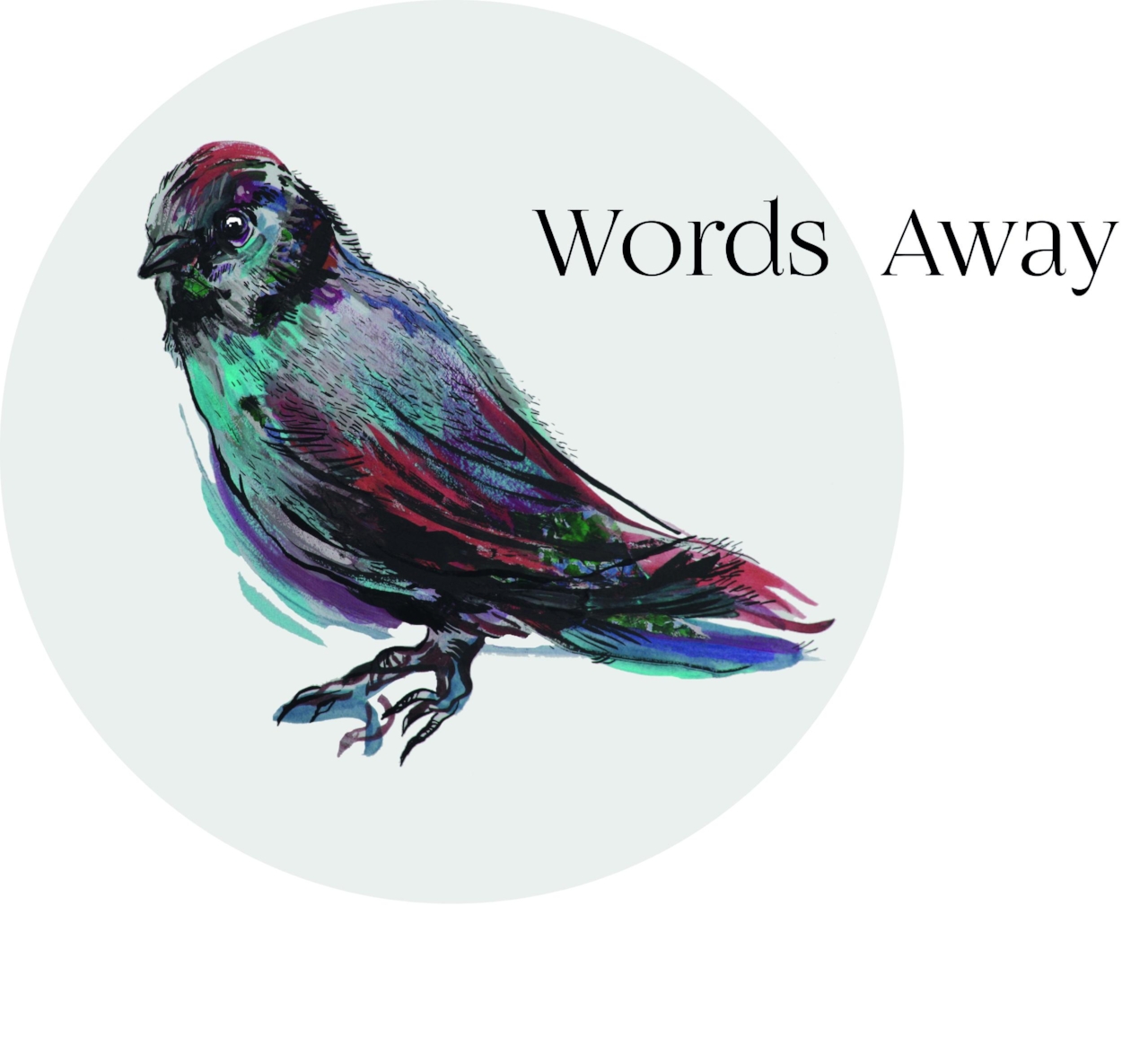Last Monday, on a bitterly cold January night, I made my way across Vauxhall Pleasure Gardens toward the lights of Tea House Theatre Cafe. I was a bit nervous and excited as I’d been looking forward to our salon with the amazing Stella Duffy for months. She’d kindly offered to come along as a Words Away guest after I’d met her last year at a reading of her novel, London Lies Beneath, at Camberwell Library .
Emma Darwin, Stella Duffy & Kellie Jackson
Everyone gathered inside the cafe, shedding layers of coats and scarves and sorting out drinks. The Tea House cat gave us some mild competition for the comfy chairs before we settled in for a lively discussion. Emma Darwin posed some fab questions and Stella spoke about her prolific and varied career including over fifty-five short story commissions. We covered kilometres of ground in the space of an hour and half, with Q & A’s at the end. We chatted about how to get a story down, tips for writing for radio, approaches to writing dialect and how to heighten your odds for winning a competition. If you’d like to know more, come to the next salon and I’ll pass it on!
The Tea House cat
I loved Stella’s no nonsense attitude to the work of writing - not for her the myth of the tortured artist. She challenged the received wisdom often wheeled out to aspiring writers; ‘write what you know’ - ‘bollocks'! Write the thing you're passionate about, said Stella. It’s OK to write badly. Dismissing ‘talent’ and ‘voice’ - to a few gasps from the audience and possibly me - Stella’s all about doing. Her process for writing a story, informed by her theatre background, means waiting until the idea is formed, more or less, in her head. Then she gets the story down on paper, usually in a day. Rewrites always make it better. Leave gaps for the reader. Plot is what happens - story is what’s underneath and where the magic happens. Forget, 'show not tell’ - more gasps - think about how repercussion, the emotional content, is always more interesting than the action onstage (or on the page). Macbeth, with the off stage murders is a prime example, or Medea, after she’s killed her children.
Lucy, in the audience, asked if Stella would read. We loved hearing an extract of ‘From the River’s Mouth’, a radio commission from Stella’s collection, Everything Is Moving, Everything Is Joined. The time whipped by. Stella’s parting comments were, ‘do not give up! Write 500 words. No matter what.’
Rugging up for the journey home I shared a ride with Emma and two others, all of us enthused by Stella’s energy and charisma. It was an inspiring salon with a big thank you to Stella. No more long walks or ruminating for me! Time is short. Get writing!
Our next salon is Publicity for Writers: How To Get It and How To Survive It, with best selling NY Times author and former publicist to a major publishing house, Ruth Ware. It’s going to be an useful one for writers and interesting to readers too - I hope to see you there!
Kellie
PS, for a great short story, Stella recommends reading Katherine Mansfield. Also, read J.D Salinger’s volume of two novellas, Raise High The Roof Beam, and Seymour: An introduction.
Links: Stella Duffy, Emma Darwin




